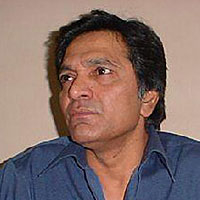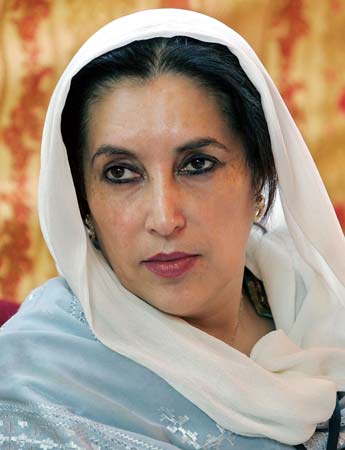Moin Akhtar (Urdu: معین اختر, also spelled as, Moeen Akhtar, Pride of Performance, Sitara-e-Imtiaz, 24 December 1950 – 22 April 2011) was a Pakistani television, film and stage actor, as well as a comedian, impersonator, and a host. He was also a play writer, singer, film director and a producer.
Akhter was born in Karachi to Urdu speaking parents, was highly dynamic and versatile performer, he made his debut for television on 6 September 1966, in a variety show held on PTV to celebrate the first defense day of Pakistan. Since then, he has performed several roles in TV plays/shows, later making a team with Anwar Maqsood and Bushra Ansari.
He was beloved for providing humor for people of all ages, and with an etiquette that remains unmatched. His attempts to avoid vulgarity in his humor rendered him a favorite amongst family audiences. Akhtar was fluent in several languages, including English, Bengali, Sindhi, Punjabi, Memon, Pushto, Gujarati and Urdu. He performed not only in Pakistan but played in several stage shows like Bakra Qiston Pe and Buddha Ghar Pe Hai with Umer Sharif in India too.Moin Akhtar rose to the national spotlight and gathered critical acclaim for his performance in the drama Rosy /Rozy, in which he played the role of a female TV artist. Rozy was an Urdu adaptation of Hollywood movie Tootsie starring Dustin Hoffman. Moreover, in a talk-show namely Loose Talk, which began in 2005 on ARY Digital, he appeared as a different character in each and every of over 400 episodes interviewed by Anwar Maqsood, the writer and the host of the program.
Moin Akhtar
Moin Akhtar
Moin Akhtar
Moin Akhtar
Moin Akhtar
Moin Akhtar
Moin Akhtar
Moin Akhtar
Moin Akhtar
Moin Akhtar
Moin Akhtar
Interview of Imran Khan on Moin Akhtar Show (1987)





















































